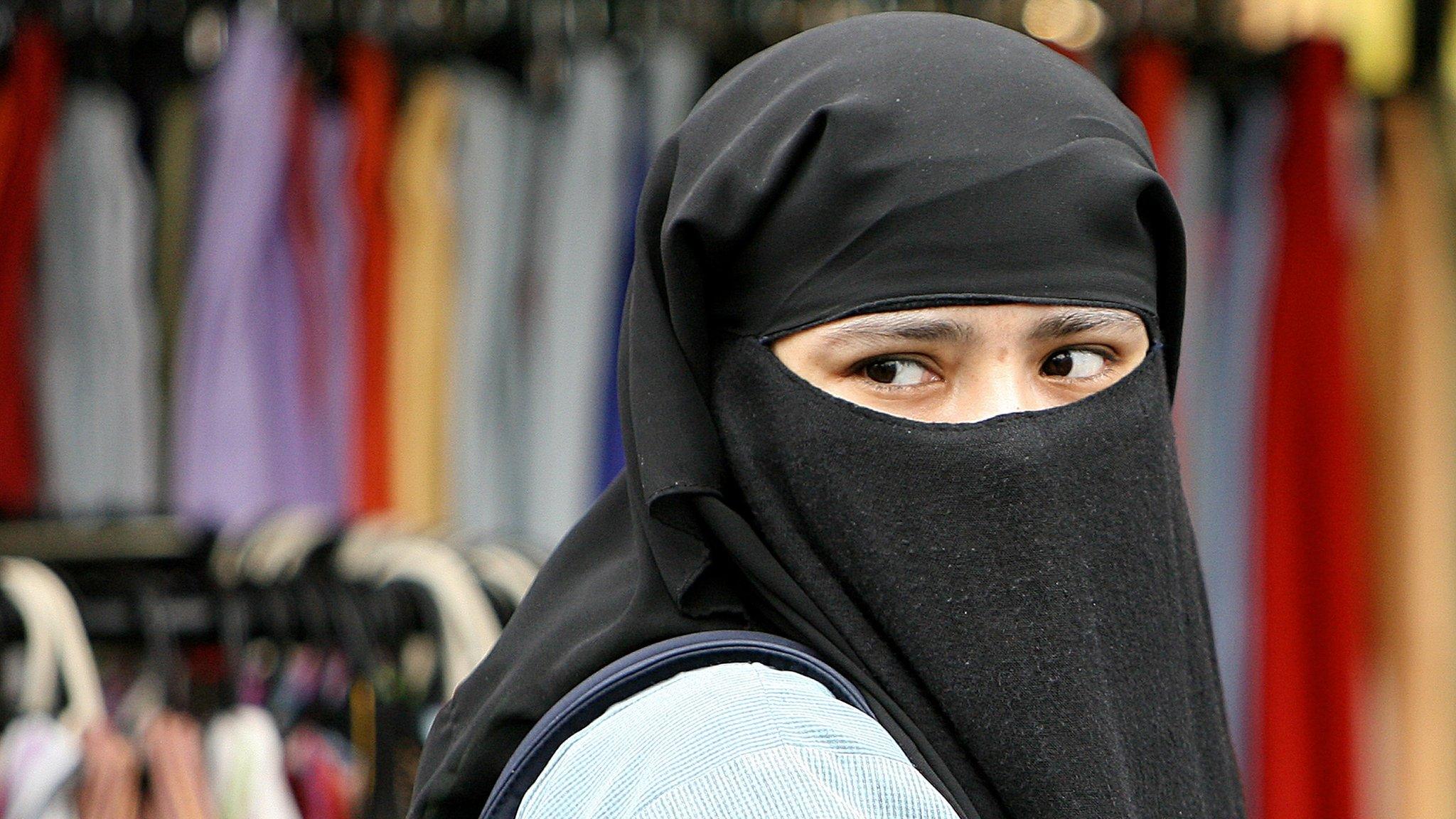Muslim women 'stopped from becoming Labour councillors'
- Published
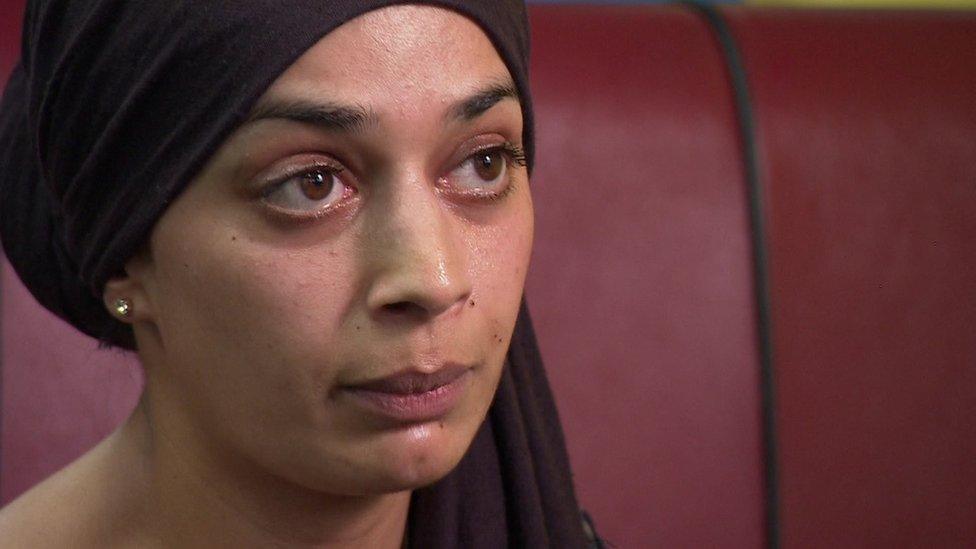
Fozia Parveen says she tried to become a Labour councillor in Birmingham
A Muslim women's group has written to Labour leader Jeremy Corbyn claiming women have been stopped from becoming councillors by Muslim men in the party.
Muslim Women's Network UK demanded an inquiry into "systematic misogyny displayed by significant numbers of Muslim male local councillors".
"They don't like women to be heard, to be empowered," it told BBC Newsnight.
Labour said it had the best record of any of the parties in selecting female and ethnic minority candidates.
As Mr Corbyn prepared to speak to the Association of Labour Councillors on Saturday, BBC Newsnight spoke to about a dozen Muslim women up and down the country.
'Smear campaign'
They appeared to point to a pattern of obstruction from within Labour Muslim ranks and back up Muslim Women's Network UK's complaints of sabotage, external.
Optician Fozia Parveen claims her efforts to become a Labour councillor in Birmingham in 2008 were scuppered by men within the party.
She said: "At the time, I was aware of a smear campaign against me.
"They said that I was having an affair with one of the existing councillors.
"I was quite taken aback. People were turning up at my family home trying to intimidate my mum."
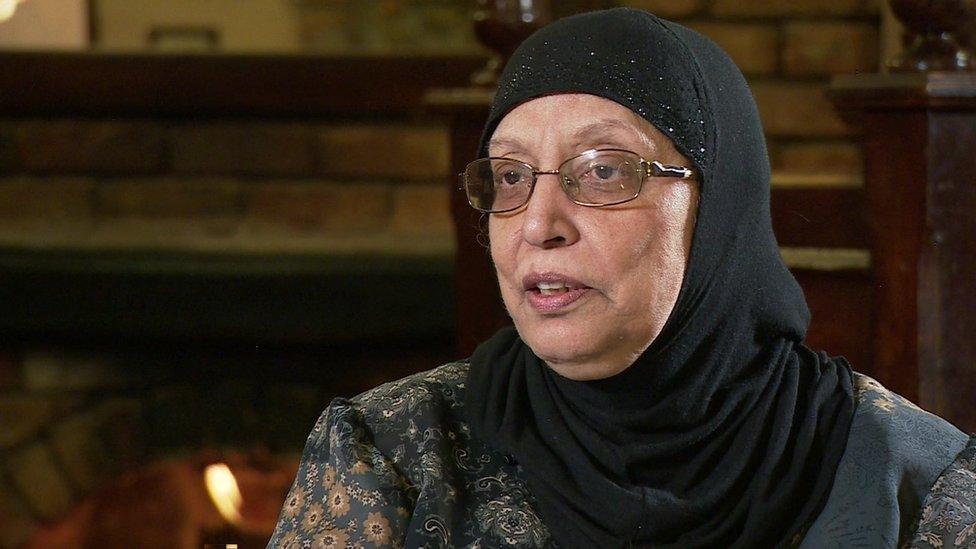
Councillor Jean Khote says some good female candidates are being overlooked
Ms Parveen said Muslim men told her mother to stop her from pursuing becoming a councillor.
She added: "It would be members of the local Labour Party. I didn't see them myself but my mum did say it was them."
Shazia Bashir was the first choice for Labour in a seat in Peterborough in 2007.
She claims that when her father said he would not support her, Muslim men from within the local Labour Party made her step aside. They deny the claim.
"Because I didn't have my father's consent and support, I had to step down. I was pressured into stepping down," said Ms Bashir, who was 31 and married with two children at the time.
'Brilliant' candidates
Jean Khote, a sitting Labour councillor in Leicester, said good women candidates were barred by the membership in some areas with high Muslim populations - and that was kept from people higher up the party.
She said they would say there were not adequate candidates among the women, which she said was not true.
"There were brilliant women on the panel. I've met them and had discussions with them," she added.
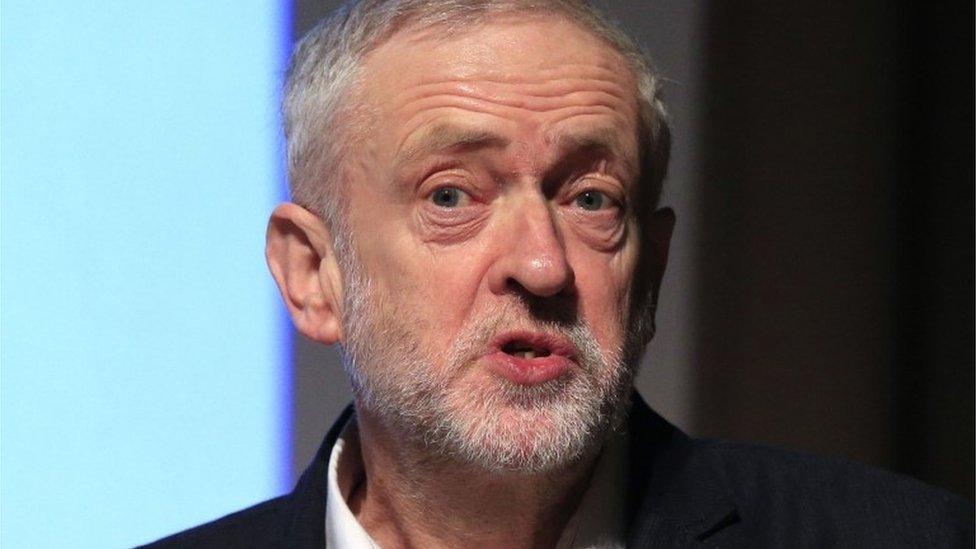
Campaigners have written to Labour leader Jeremy Corbyn
Newsnight was told similar stories by other women who wished to remain anonymous.
One said: "They spread this slander about me. It's the way they get to you."
Another said she had been told by Labour members "Islam and feminism aren't compatible".
An advocate for gay rights was told: "This is un-Islamic. Leave that for white people." And many spoke of being criticised for being too Westernised.
'Robust procedure'
Shaista Gohir, from Muslim Women's Network UK, told Newsnight the tight-knit patriarchal communities operate a system of clan politics known as "biradari", in which votes are delivered in blocks.
"These men have a cultural mindset, which they've brought from India, Pakistan, Bangladesh," she said.
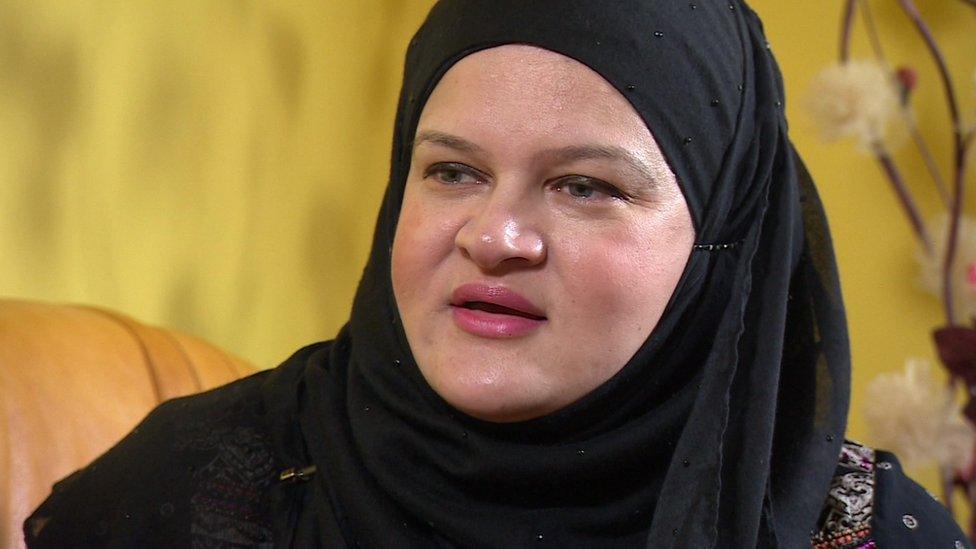
Shazia Bashir says she was pressured into stepping down
"They operate a biradari male kinship system and they've brought the system here. What I call an old boys' network.
"They don't like women to be heard, to be empowered, because we will then challenge the status quo, challenge misogyny."
Muslim Women's Network UK has also written to Prime Minister David Cameron calling on him to launch an inquiry into the barriers to political participation of black and ethnic minority women.
But Ms Gohir said: "From our experience, Muslim women are most affected by Labour Muslim male councillors due to the latter's number in certain towns and cities."
'Positive action'
Labour said its selection procedures included strong, positive action such as all-women shortlists and rules to ensure women were selected in winnable council seats.
"We have the best record of any party in selecting women and BAME [black, Asian and minority ethnic] candidates and we will continue to do all that we can to make sure candidates are representative of the communities they seek to represent," it said.
"The Labour Party has a fair, democratic and robust procedure for selecting council candidates. Local Labour Party members select their local candidates within the party's rules and guidelines.
"Those wishing to become Labour councillors are interviewed by an independent assessment team and unsuccessful candidates have a right of appeal to the regional party board."
You can see more on this story on Newsnight on BBC Two at 22:30 GMT on Friday.
- Published18 January 2016
